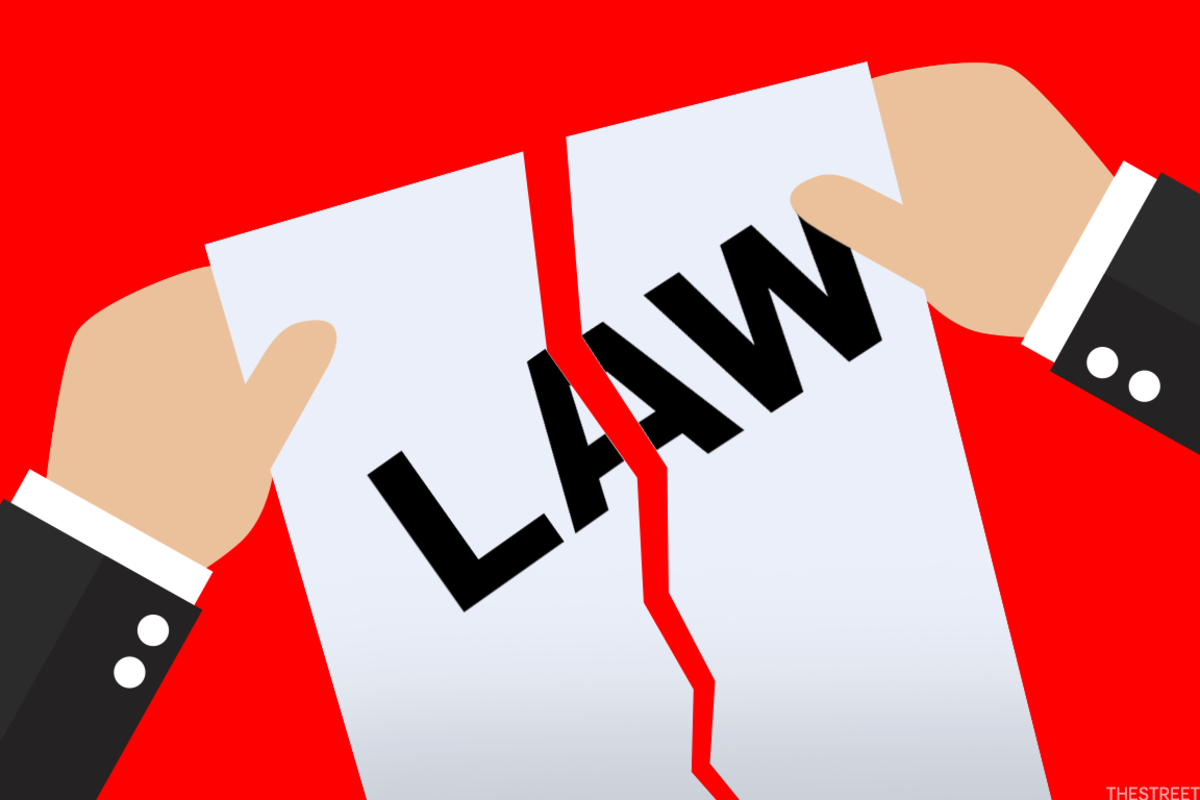Certain states require breaks for workers, but some don’t. Find out the laws in your state to avoid being a lawbreaker and turning it into a headline. Here are some of the common questions asked about breaks around the country.
Which states have no broken law? Find out the laws in your state to avoid being a lawbreaker and turning into a headline. The states that have broken the rules and are required by law include federal, state, and local break laws. States with no break laws include Georgia, Florida, and California.

The states that have no broken law and the reason why
Every state has a broken law which states employees have to take breaks according to the minimum requirements. However, even though several states require much more than 30 minutes of mandatory break time and 2 hours off on an average workday, not all state employers respect their laws and neglect the well-being of their workers.
The states that have broken laws and what is required by law
Each state has different break laws and, therefore, different employment laws. These states include New York, Massachusetts, California, Illinois, and Connecticut. Some laws require a paid meal period during certain hours, while others do not. To find out if your state requires breaks and when to take them, call your local Department of Labor.
Federal break laws
Many people do not realize that they are breaking the law by taking a meal break late in the day and skipping an entire day’s worth of work time. If you work at a company where your employees have vacations scheduled every three hours, it is essential to find out which states are protected by federal break laws so you can ensure your workers take those breaks. Some states, like California, Oregon, New York, or Washington, have specific federal break laws that allow either 30 minutes or one hour.
Things You Should Keep In Your Mind:
- What are the states that have no broken law?
- What is the law in my state for a break?
- What are the consequences of breaking the law in my state?
- What are the federal, state, and local break laws?
- How can I avoid breaking the law in my state?
- What are the consequences of breaking federal, state, or local law?
- Can I get a break if I violate the law?
Exceptions to Rest Break Laws for Minors
Many people do not know the exceptions to rest break laws, even those applied to minors. Eighteen states have state-wide break laws, with three other states having partial exemption on their existing labor law, leaving fifteen states without any break laws, of which a few allow employers (including truckers) to opt-out and choose to provide only paid breaks if they prefer to operate in this manner or be exempt from regulation altogether.
Lunch break laws by state
Most workers in the U.S. have the right to take a lunch break. However, that does not mean that your employer is required to pay you for this time. The federal law stipulates only that it needs to last for about 20 minutes. In most cases, where meal breaks are not mandated by law, employers may be allowed to regulations on the matter. The vast majority of states and territories have laws prohibiting employees from working while they are supposed to be eating lunch, but there are a.
States with no broken law
In the United States, all 50 states and Washington D.C. have a broken law that requires employees to take a 15-minute unpaid break for every 5 hours of work. If you’re an employee in the nation’s capital or the other 49 U.S. states, your employer is legally obligated to give you rest breaks. Although you can lawfully refuse to take that time, you are under no legal obligation to inform your employer when and if you will be taking them.
What is the broken law in Georgia?
Are you having a lunch break? If so, then there is a broken law. If not, then that is OK too! The fractured law in Georgia is 30 minutes for employees who work seven or more hours. For 16 hours and under, employees have to take a 20-minute break. Other states are different. Learn all about the break laws around the U.S., which states have a state law, do not have break laws (and the reasons why), what works best for businesses, and much more.
What is the broken law in Florida?
The majority of Americans spend over 50 hours per week in front of the screen of one electronic device or another. It is essential to take regular breaks when working on a computer, especially in self-employment. If you cannot follow the broken law in your workplace, find out what other states can help you have a healthy lifestyle. To ensure you make the most of your company’s expense budget, compare vacation packages using promo codes from online travel sites.
What is the broken law in California?
In 2018, workers in California were allowed to take a break under specific rules. Employers with five or more employees who work an average of more than ten hours each week must provide all hourly workers with a break time of no less than thirty minutes for every four consecutive hours worked. To figure out if your state has similar laws that mandate breaks, visit the Federation of Independent Business (FIB) website at fibrightbreaksforall.com.
What is the broken law in New York?
There are only three states where employees do not get a break in the middle of their workday. In New York, there is no specific legislation regarding breaks. This means that your employer can give you as many breaks (or none) as they want. The laws governing meal times and intervals vary from state to state, so you need to be familiar with the regulations in your area. Make sure you understand what rights your employer should provide. To find out more about the broken law in.
Conclusion
Breaking the law can have serious consequences, including fines, jail time, or both. It’s essential to know the law in your area and obey it. The law also makes you responsible for your dog’s behavior. If your dog gets in trouble, you could get in trouble, too. You can be sued by people injured by your dog or whose property is damaged. Your homeowner’s insurance probably won’t cover these kinds of claims. Before you let your dog go, learn about the laws that apply to where you live.










